From The Ashes: Kroc School Students Explore Social Innovation In Rwanda
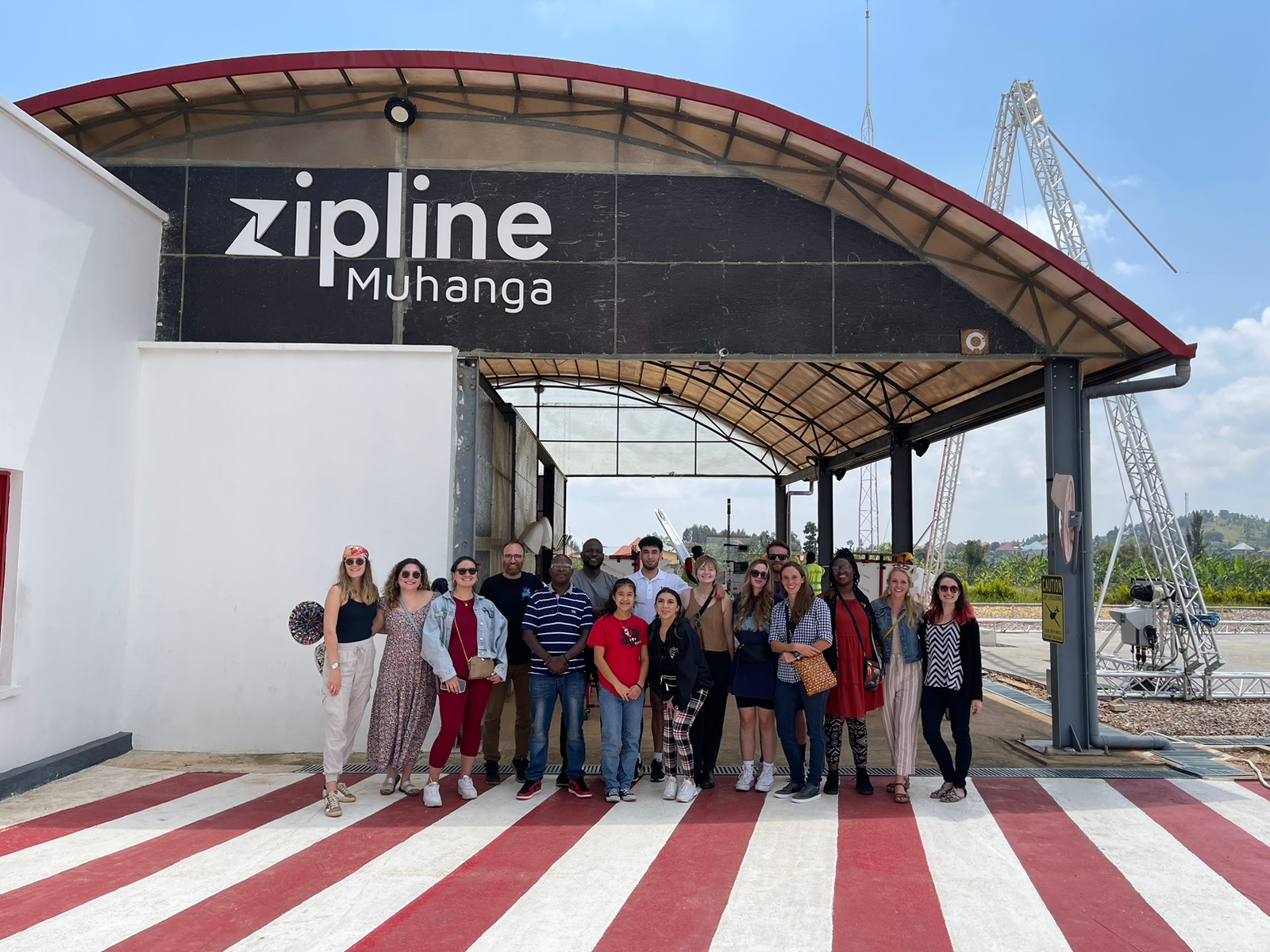
Few places in the world can be considered focal points for social innovation like Kigali, Rwanda. Out of the ashes of one of the most horrific genocides of the past few decades, the Rwandan government created a phoenix of national unity and security that facilitated a dramatic influx of development and innovation. For this reason, Rwanda’s capital city of Kigali was an ideal location for graduate students from the Kroc School of Peace Studies to learn about social innovation in practice. On January 7th, twelve Kroc School students from three different master’s degree programs joined Dr. Austin Choi-Fitzpatrick, his daughter Aila, and myself at the Heaven Boutique Hotel to begin an eleven-day practicum and experiential learning experience.
After touring the city and settling in, our group visited the Kigali Genocide Memorial to contextualize the space and history we were entering. The memorial occupies a significant place in national culture, not just because it honors the hundreds of thousands of victims of the 1994 genocide but because it establishes a strong and consistent narrative about what led to the genocide and the horrors of its brutality. While the omission of certain perspectives and the lack of nuance in this narrative leaves some unanswered questions, the Rwandan government (consisting of the same leadership and controlling political party that have been in power since taking over after the genocide) has gone to great lengths to create and enforce national security and unity with this narrative. If the ends do indeed justify the means, President Paul Kagame’s authoritarian regime can certainly make a case for the necessity of such a powerful (and legally inarguably) national story. This story, which everyone from hotel staff to senators will proudly repeat, is one of a country that rose from the ashes of the genocide and ethnic division to become a safe, secure, and prosperous country full of creativity, development, and advanced infrastructure created by and for one unified people - Rwandans. The history of the genocide and the social significance of the memorial was an important foundation for students to have in order to understand the context of social innovation, and the group could look to the present and the future moving forward.
The first of several site visits throughout the practicum was to the Muhanga District and Zipline, a state-of-the-art drone company that specializes in delivering blood, plasma, and pharmaceuticals throughout the country. Students had the opportunity to observe every step of the process as drones came in, orders were received, medical supplies were selected and packages, attached to a parachute, and stuffed in a drone which was assembled, connected to a battery and flight monitor, double checked, and launched.
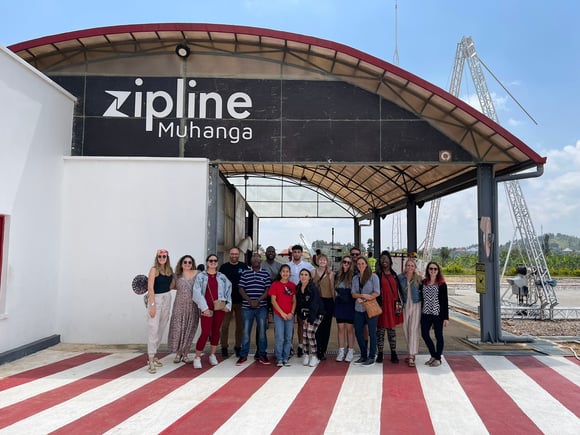 At Azizi Life in the more rural outskirts of the city, students spent a day in the life of the local women artisans who make a living farming and creating handmade crafts. Dressed in traditional fabrics, our intrepid group peeled cassava roots, heated beans, hoed topsoil, cut bushels of grass to feed livestock and carried them on our heads, fetched water, and finally sat to eat the traditional meal we had helped prepare.
At Azizi Life in the more rural outskirts of the city, students spent a day in the life of the local women artisans who make a living farming and creating handmade crafts. Dressed in traditional fabrics, our intrepid group peeled cassava roots, heated beans, hoed topsoil, cut bushels of grass to feed livestock and carried them on our heads, fetched water, and finally sat to eat the traditional meal we had helped prepare.
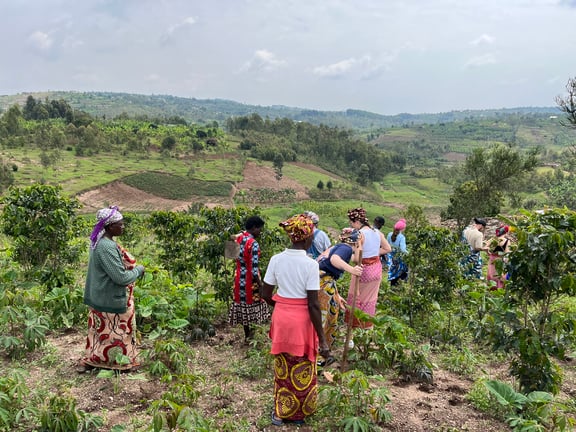
Everyone learned how to shred the leaf of a particular plant to create hairlike fibers that the artisans then demonstrated how to dye and weave into bracelets, earrings, baskets, and other crafts. The fruits of their labor were on display at the Azizi Life gift shop, where the Azizi Life collective helps empower local artisans by creating markets for their products and bringing in groups like ours for authentic village experiences.
Question Coffee, a collective of mostly widowed women coffee farmers, provided an interesting insight into both the production process of coffee and the social impact of collectivizing agricultural labor. The group learned how coffee beans are planted, grown, cultivated, and sorted before we cooked, ground, poured, and tasted our own coffee.
A free day in the schedule allowed MASI student Jake Nolds to organize a group to go on a safari in Akagera National Park, near the border with Tanzania. Those who went were treated to an incredible day of giraffes, zebras, hippos, antelopes, monkeys, crocodiles, elephants, and even the elusive white rhino, topped off with the sunset of a lifetime.
Thanks to the connections of Father Innocent Rugaragu, head of a local school, entrepreneur, and a 2012 alum of the Kroc School, the group was invited to visit Rwandan Parliament. Here, students heard from Senator Bideri John Bonds on the history and current state of the country and visited the Campaign Against Genocide museum, which celebrated the Rwandan Patriotic Front’s military campaign to seize control of the government and bring an end to the 1994 genocide.
Students also had the opportunity to visit Norrsken House, a modern Norwegian enterprise designed to give a working and collaborative space to local entrepreneurs. To conclude the experience, the last day of the practicum was spent decompressing physically and mentally at Ituze Yoga before coming together for a farewell dinner. Our final meal was hosted by Choose Kigali, a scenic art gallery and restaurant that had been given the prestigious designation of a Terra Carta House after a visit by the now-King Charles of England.
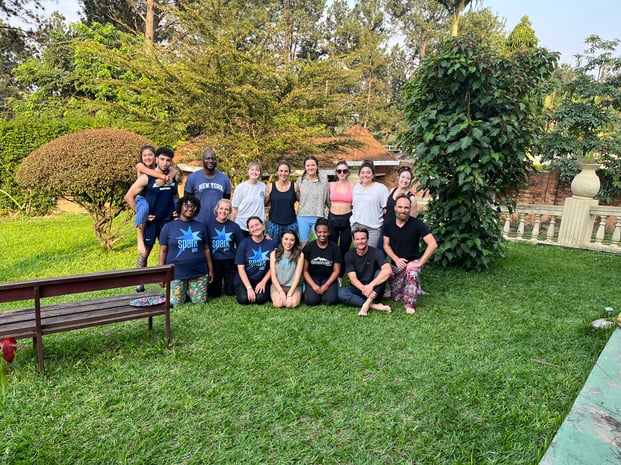 While the practicum was focused on social innovation, free time was intentionally built in to provide a valuable space for students to pursue their own interests. Students used this time to do everything from network with local entrepreneurs and organizations, explore more of the city, play basketball with the locals, visit a peace and reconciliation village of genocide victims and perpetrators living together, and even record a song and shoot a music video with a local artist. The collective experience was incredibly positive not just as a result of the site visits and the tactful perspective and contextualization provided consistently by Dr. Choi-Fitzpatrick, but because students were still able to pursue their own passions and professional interests in this exciting new space on top of everything else. The sparks of social innovation have been enthusiastically fanned by the Rwandan government to create a fireplace of development unlike many others in the world, and thus there may not be a better space in the world for students to explore social innovation and entrepreneurship than in Kigali, Rwanda.
While the practicum was focused on social innovation, free time was intentionally built in to provide a valuable space for students to pursue their own interests. Students used this time to do everything from network with local entrepreneurs and organizations, explore more of the city, play basketball with the locals, visit a peace and reconciliation village of genocide victims and perpetrators living together, and even record a song and shoot a music video with a local artist. The collective experience was incredibly positive not just as a result of the site visits and the tactful perspective and contextualization provided consistently by Dr. Choi-Fitzpatrick, but because students were still able to pursue their own passions and professional interests in this exciting new space on top of everything else. The sparks of social innovation have been enthusiastically fanned by the Rwandan government to create a fireplace of development unlike many others in the world, and thus there may not be a better space in the world for students to explore social innovation and entrepreneurship than in Kigali, Rwanda.
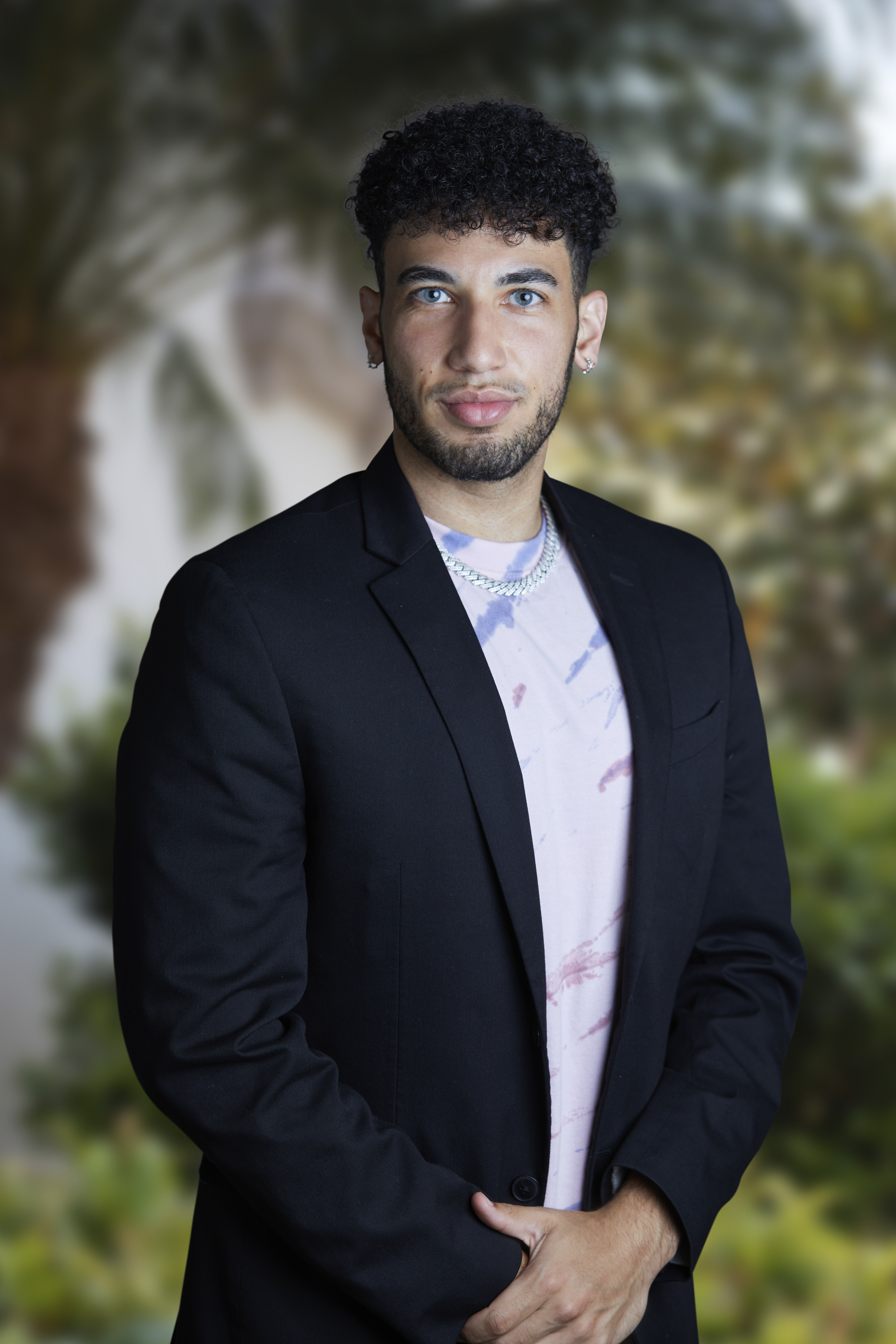
About the Author
Grayson is a graduate of the Kroc School of Peace Studies where he earned his MA in Social Innovation.





